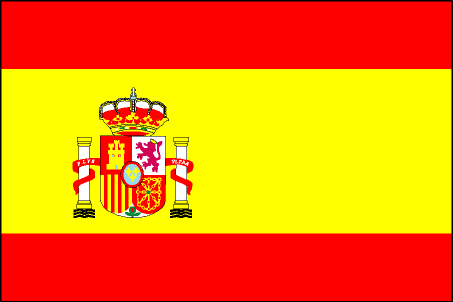Karol Maciej Szymanowski (Tymoszówka, Ukraine, 3 October 1882 – 28 March 1937, Lausanne, Switzerland) was a Polish composer and pianist.
Szymanowski was born into a wealthy land-owning Polish gentry family (of Korwin/Ślepowron coat-of-arms) in Tymoszówka, then in the Russian Empire, now in Cherkasy Oblast, Ukraine. He studied music privately with his father before going to Gustav Neuhaus' Elizavetgrad School of Music from 1892. From 1901 he attended the State Conservatory in Warsaw, of which he was later director from 1926 until retiring in 1930. Musical opportunities in Russian-occupied Poland being quite limited at the time, he travelled widely throughout Europe, North Africa, the Middle East, and the USA. These travels, especially those to the Mediterranean area, provided much inspiration to the composer and esthete.
Szymanowski maintained a long correspondence with pianist Jan Smeterlin, who was a significant champion of his piano works. Their correspondence was published by Allegro Press in 1969.
Szymanowski died in a sanatorium in Lausanne, Switzerland from tuberculosis.
Among Szymanowski's better known orchestral works are four symphonies (No. 3, Song of the Night with choir and vocal soloists and No. 4, Symphonie Concertante, with piano concertante) and two dream-like violin concertos. His stage works include the ballets Harnasie and Mandragora and the operas Hagith and Król Roger ('King Roger'). He wrote much piano music, including the four Etudes, Op. 4 (of which No. 3 may be his single most popular piece), many mazurkas and the exquisite and highly individual Metopes. Other works include the Three Myths for violin and piano, two masterful string quartets, a sonata for violin and piano, a number of orchestral songs (some to texts by Hafez and James Joyce) and his Stabat Mater, an acknowledged choral masterpiece.
According to Samson (p. 131), "Szymanowski adopted no thorough-going alternatives to tonal organization [...] the harmonic tensions and relaxations and the melodic phraseology have clear origins in tonal procedure, but [...] an underpinning tonal framework has been almost or completely dissolved away."
skip to main |
skip to sidebar
Find and play easy piano sheet music, music scores specially selected for piano beginners.
COMPOSERS
OTHER CATEGORIES
PIANO SHEET MUSIC IN YOUR EMAIL
LATEST PIANO SHEETS
Tags: bach piano, beethoven piano, beginner piano,buy piano, buy sheet music, cello sheet,chord sheet, christian sheet music, christmas piano, christmas sheet, classical piano, classical sheet, coldplay sheet, digital sheet music, download sheet music, downloadable sheet music,easy piano, easy sheet, free piano, free piano sheet music, free piano sheets, free sheet, free sheet piano, guitar sheet, guitar sheet music, happy birthday sheet, jazz piano, jazz sheet, learn piano, mad world piano, mozart piano, music sheet, music sheet piano, paino sheet, piano, piano chord, piano chords, piano cover, piano for sale, piano guitar, piano instrumental, piano keyboard, piano lesson, piano lessons, piano midi, piano music, piano music sheets, piano notes, piano pieces, piano price, piano price, piano prices, piano printable, piano sales, piano score, piano scores, piano sheet music, piano sheetmusic, piano solo, piano sonata, piano song, piano store, piano tab, piano tabs, piano violin, piano vocal, piano voice, popular piano, popular sheet, print sheet, printable sheet, printable sheet music, sheet, sheet flute, sheet keyboard, sheet music, sheet music downloads, sheet music for piano, sheet music online, sheet music piano download, sheet notes, sheet piano, sheet song, sheet songs, sheet trumpet, sheet violin, sheets, sheets music, sheets piano, solo piano, song sheet piano, songs piano, the piano, the piano sheet, trombone sheet, unfaithful piano, violin sheet music, vocal piano, vocal sheet pianos





No comments:
Post a Comment